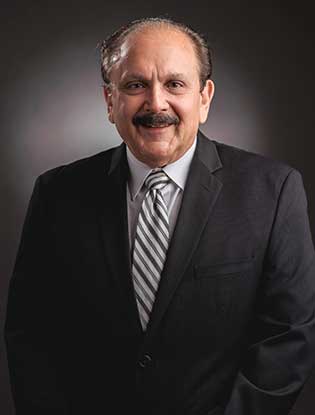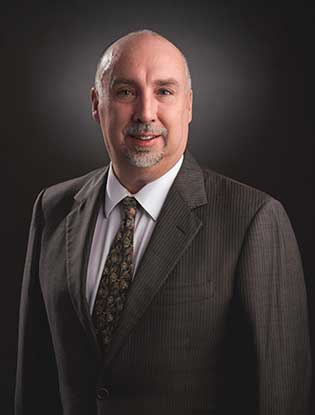
Bankruptcy
Bankruptcy is a legal process that allows individuals and businesses to eliminate or repay their debts under the protection of the bankruptcy court. There are several types of bankruptcy, each designed to address different financial situations and provide relief to debtors facing overwhelming debt.
Chapter 7 Bankruptcy
Chapter 7 bankruptcy, also known as liquidation bankruptcy, is the most common form of bankruptcy for individuals and businesses seeking debt relief. In a Chapter 7 bankruptcy, the debtor’s non-exempt assets are liquidated by a court-appointed trustee, and the proceeds are used to repay creditors. Most unsecured debts, such as credit card debt, medical bills, and personal loans, are discharged in Chapter 7 bankruptcy, meaning that the debtor is no longer legally obligated to repay them. However, certain types of debts, such as student loans, child support, and taxes, are generally not dischargeable in Chapter 7 bankruptcy.
To qualify for Chapter 7 bankruptcy, debtors must pass the means test, which compares their income to the median income in their state and determines whether they have sufficient disposable income to repay their debts through a Chapter 13 repayment plan. Debtors who do not qualify for Chapter 7 bankruptcy may still be eligible for Chapter 13 bankruptcy.
Chapter 13 Bankruptcy
Chapter 13 bankruptcy, also known as reorganization bankruptcy, allows individuals with regular income to create a repayment plan to repay all or a portion of their debts over a three to five-year period. Unlike Chapter 7 bankruptcy, debtors in Chapter 13 bankruptcy typically keep their assets and make monthly payments to a trustee, who distributes the funds to creditors according to the terms of the repayment plan.
Chapter 13 bankruptcy is often used by individuals who have significant assets they wish to protect from liquidation or who have non-dischargeable debts that cannot be eliminated in Chapter 7 bankruptcy. It is also a viable option for debtors who are facing foreclosure or repossession and wish to catch up on missed mortgage or car payments over time.
Chapter 11 Bankruptcy
Chapter 11 bankruptcy, also known as reorganization bankruptcy, is primarily used by businesses seeking to restructure their debts and reorganize their operations while continuing to operate and remain in business. Chapter 11 bankruptcy allows businesses to develop a plan to repay creditors over time while retaining control of their assets and operations.
Chapter 11 bankruptcy is also available to individuals with significant debt or complex financial situations that exceed the debt limits of Chapter 13 bankruptcy. While Chapter 11 bankruptcy is typically more expensive and time-consuming than Chapter 7 or Chapter 13 bankruptcy, it offers greater flexibility and the opportunity to negotiate with creditors to modify debt terms and reduce financial obligations.
Chapter 12 Bankruptcy
Chapter 12 bankruptcy is a specialized form of bankruptcy designed for family farmers and fishermen facing financial distress. Chapter 12 bankruptcy allows eligible debtors to restructure their debts and develop a repayment plan based on their seasonal income and agricultural or fishing operations. Like Chapter 13 bankruptcy, Chapter 12 bankruptcy allows debtors to retain their assets and repay creditors over time, typically through a three to five-year repayment plan.
Bankruptcy is a legal process that provides debt relief to individuals and businesses facing overwhelming debt. The different types of bankruptcy, including Chapter 7, Chapter 13, Chapter 11, and Chapter 12, offer various options for debtors to eliminate or restructure their debts and obtain a fresh financial start. Each type of bankruptcy has its own eligibility requirements, benefits, and implications, and debtors should consult with a qualified bankruptcy lawyer from a firm like Eric Lindh Foster Law, LLC to determine the best course of action based on their individual financial circumstances.





